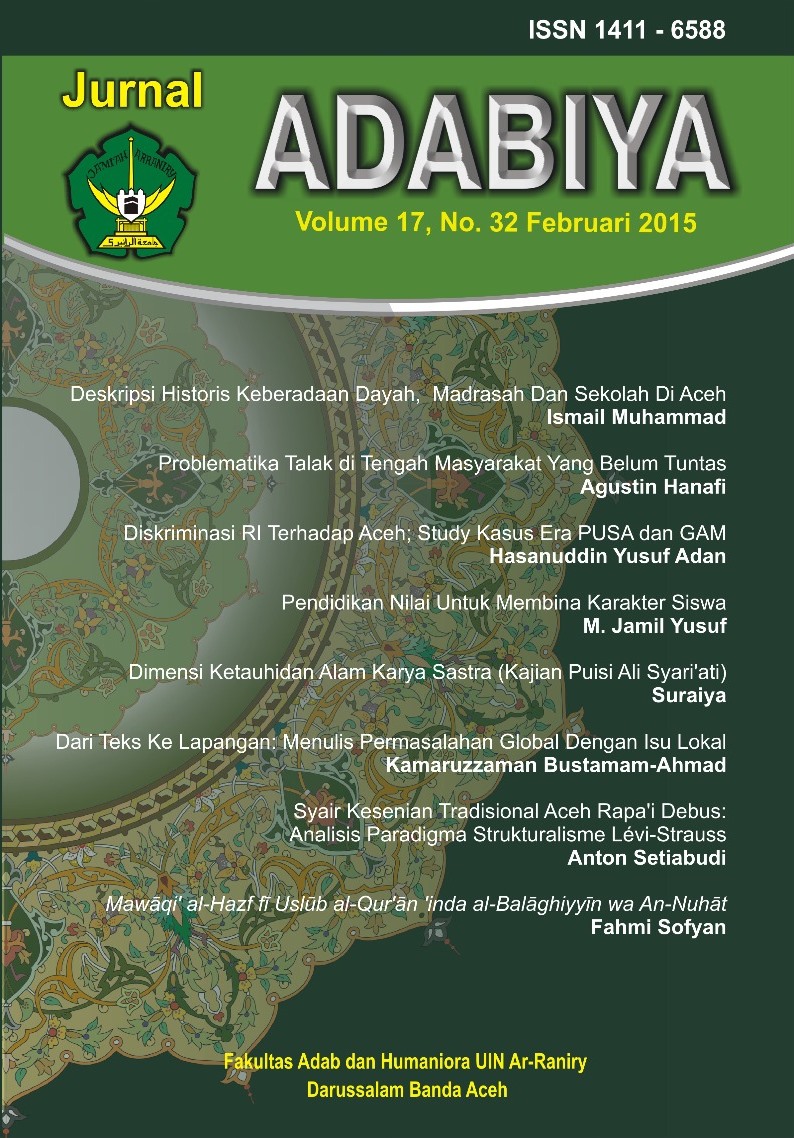References
Friedrich Nietzsche, Lahirnya Tragedi, Narasi dan Pustaka Promethea, Yogyakarta, 2018
_________________, Beyond Good and Evil, Oxford University Press, 2008
_________________, Sabda Zarathustra, Pustaka Pelajar, Yogyakarta, 2014
Michel Foucault, Kegilaan dan Peradaban, Ikon Teralitera, Yogyakarta, 2002
Chris Bakker, Cultural Studies Teori dan Praktek, Kreasi Wacana, Yogyakarta, 2015



